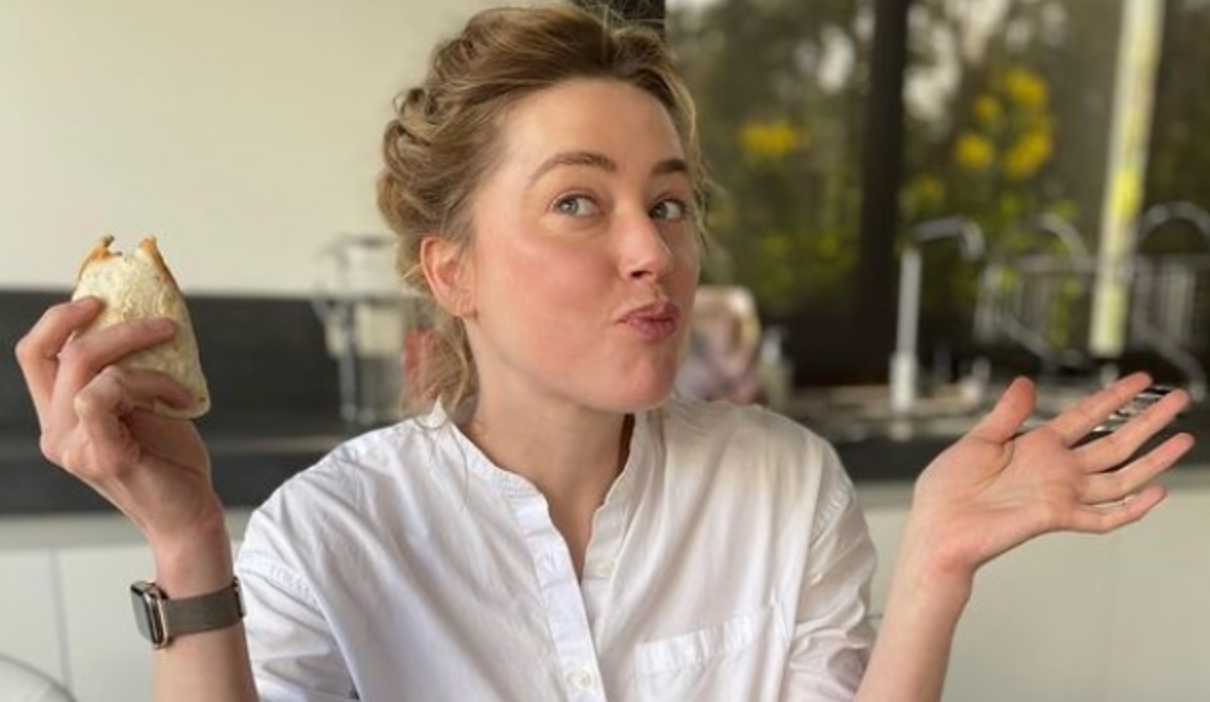When Eliana Rodriguez gave birth to her son Sebastian at the age of 29, both mother and baby were healthy. However, she faced unwarranted suspicion and criticism due to the size of her baby bump. People would make remarks like “You look like you’re carrying twins!” or “Are you sure there isn’t another one in there?”
Now, some might believe that an abnormally large pregnancy bump signifies health issues for both the mother and the baby. But in Eliana’s case, her body was simply growing to accommodate the developing fetus, and there was nothing abnormal about it.
Eliana wants everyone to know that she and her son are doing well. Nancy Rodriguez, a health and wellness advisor from Las Vegas, Nevada, spoke to TODAY Parents about Eliana’s pregnancy journey. Eliana had previously given birth to her daughter Sofia, who weighed 8.3 pounds and was 19.5 inches long. And now, Sebastian arrived, weighing 8.3 pounds as well and measuring 20.5 inches.
Despite the rude comments and unsolicited questions about her baby bump, Eliana remained composed and didn’t respond rudely. She understands that people are curious and interested in knowing why her belly is more noticeable than other mothers’. She wants to educate them that her smaller stature, being 4’11” tall, made her stomach appear larger than usual. And as she got closer to her due date, she noticed physical changes in her body.
Eliana had been trying for a second child and was overjoyed to be expecting a son. During her pregnancy, she had more amniotic fluid than usual. Although excessive amniotic fluid can sometimes lead to complications or early labor (a condition called polyhydramnios), Eliana’s doctors determined that she did not have this condition. The extra fluid acted as a cushion, protecting the baby and allowing him to move freely in the womb.
Dr. Kiarra King, an OBGYN from Chicago who was not involved in Eliana’s case, explained that polyhydramnios is not typically the cause of a large pregnancy belly. Instead, factors like maternal obesity, diastasis recti (abdominal muscle separation from previous pregnancies), or macrosomia (a large baby) are more common causes. Thankfully, Eliana did not have to deal with these concerns.
Eliana wants to make it clear that she did not appreciate the intrusive questions about her pregnancy or the rude remarks about her appearance. As a believer, she felt deep empathy for those who lacked understanding and compassion. She spoke out against how such comments can negatively impact women, especially those who may already be dealing with depression during or after pregnancy.
Ultimately, Eliana stressed the importance of exhibiting kindness, respect, and empathy towards others. She wants people to understand that judgmental statements can cause pain and despair. Let’s all learn from Eliana’s experience and make an effort to support and uplift one another during the beautiful journey of pregnancy.










